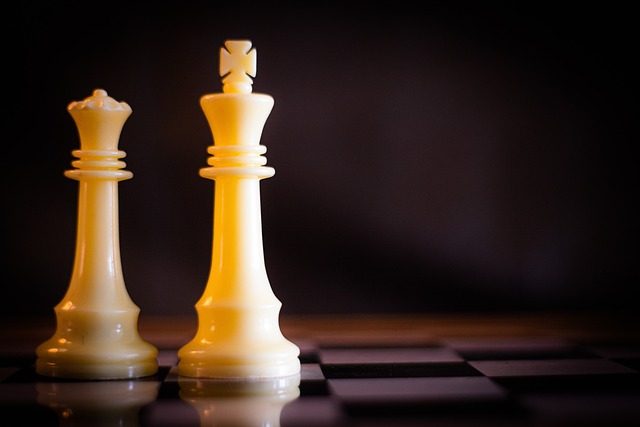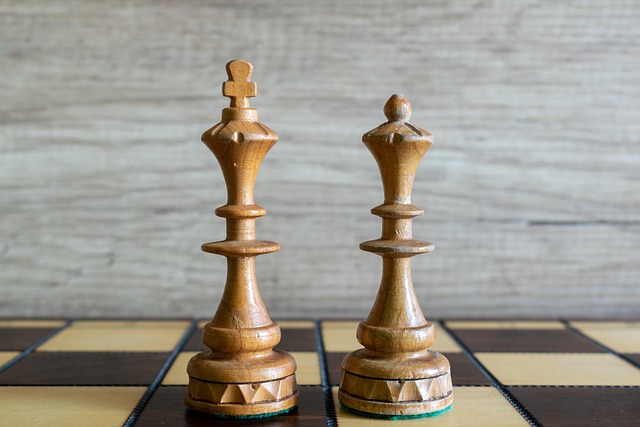In the ever-evolving landscape of gaming and eSports, understanding the concept of loss minimization is crucial. As players and teams immerse themselves in various games ranging from competitive first-person shooters to strategy-based simulations, the stakes are undeniably high. The emotional rollercoaster associated with losing often clouds judgment, but embracing a strategic approach can pave the way for growth and improved performance.
At its core, loss minimization revolves around carefully analyzing past performances, identifying weaknesses, and implementing targeted strategies to reduce the impact of defeats. In the world of gaming, this means transforming setbacks into valuable learning experiences. Whether you are a lone wolf in a battle royale or part of a cohesive eSports team, acknowledging your losses and dissecting what went wrong is the first step toward mastery.
Take, for instance, the practice of reviewing replays. Many professional gamers dedicate hours to combing through footage of their matches, scrutinizing every decision made, from in-game tactics to communication with teammates. This reflective practice allows players to pinpoint flaws in their strategy and adjust accordingly, laying the groundwork for future success and, ultimately, loss minimization.
Moreover, establishing a culture of open communication within a team plays a vital role in loss minimization. By fostering an environment where teammates can discuss mistakes without fear of backlash, players can collaboratively strategize to prevent similar issues from arising again. When everyone on the team is invested in improving rather than assigning blame, the focus shifts from merely winning to cultivating a learning mindset.
In the realm of competitive gaming, understanding your opponents is equally important for loss minimization. Analyzing the strategies of rival teams and players reveals potential vulnerabilities to exploit during matches. This knowledge can shift the power dynamic, allowing you to formulate a winning approach based on informed predictions about your adversaries’ movements and behaviors.
Beyond tactical adjustments, mental resilience is a crucial element of loss minimization. Gamers often find themselves frustrated after a loss, but developing a robust mental game can transform challenges into motivation. Techniques such as visualization, meditation, and positive affirmations can bolster confidence and concentration, enabling players to bounce back stronger than before.
The technological advancements in gaming, particularly in eSports, have opened up a wealth of resources for players looking to minimize losses. From sophisticated analytics platforms that track player statistics to online communities that share insights and strategies, the tools for learning and adaptation are at gamers’ fingertips. Leveraging these resources can significantly enhance not just individual performance, but also team dynamics and coordination.
Ultimately, the journey in gaming and eSports is fraught with challenges, but with a strategic outlook focused on loss minimization, players can thrive. Embracing a mindset that prioritizes growth, analysis, and resilience turns the inevitable setbacks into stepping stones toward greatness. With every game played and every loss faced, the path to mastery becomes increasingly clear.




